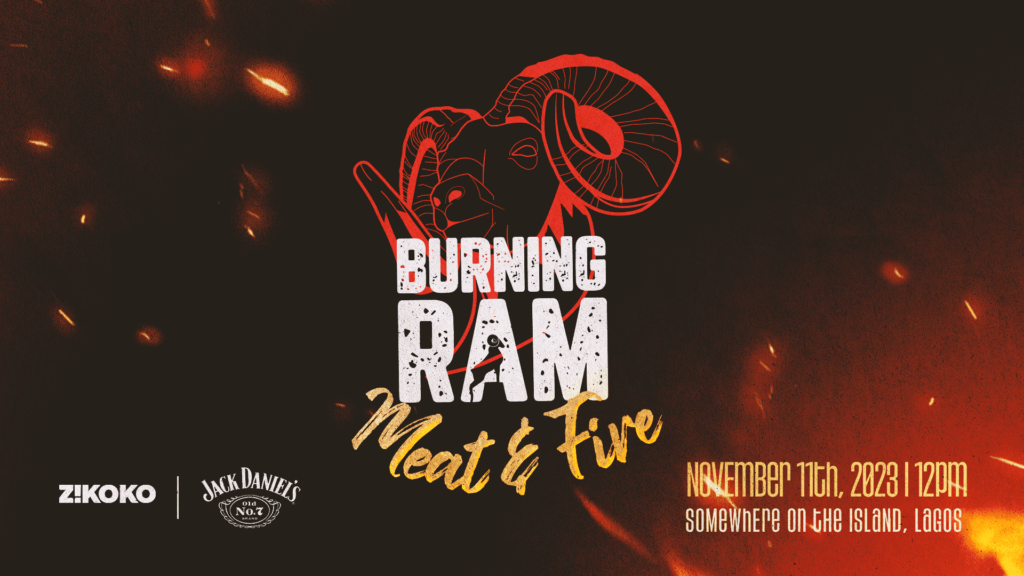If there’s one thing common to most races, it’s that grandparents tend to be “softer” and more caring with their grandchildren than they were with their children. There are several notions as to why this is the case, but I spoke to Sophia* (53) for this story, and I found her reason quite interesting.
She’s a grandmother of two, and according to her, her grandchildren are an opportunity for her to undo her own parenting mistakes.
This is Sophia’s story, as told to Boluwatife
Image designed by Freepik
Parenting was hardly talked about in my younger days.
People talked about having children, the number you had and the usual complaint about stubborn children. But there was nothing like sitting down to discuss parenting methods. We all had the same method: Discipline and pray for the best.
I had my first daughter, Adaeze*, out of wedlock when I was 22, but I already knew I wouldn’t marry her father. He was a lazy man, and our fights were legendary. Anytime we argued, you could hear our voices two streets away. I was a somewhat successful okrika trader then, and I decided I wouldn’t tie my life to someone like that and probably end up breaking each other’s heads. I dropped Adaeze with my mother and continued my hustle.
My mum passed when Adaeze was three years old, so I had to bring her to live with me. I thought it’d be easier to take care of her since she wasn’t a baby anymore. I was wrong.
Adaeze was an extroverted, inquisitive child. The type we used to call “radio without battery”. My God, Adaeze could talk your ear off. She wanted to know everything and never sat down in one place for two seconds. She was also extremely playful. If you asked her not to touch something, she’d reply, “Why?” To me, it felt like she was questioning my authority, and I’d respond with beatings and punishments.
Whenever she started asking her one million questions about how the people on the TV climbed inside, I’d scream at her to keep quiet and let me rest. I’d never witnessed children pestering adults with questions, especially after a long day, and I thought I needed to “train” her to be more respectful and well-behaved.
RELATED: I Had a “Spoilt” Upbringing, by Nigerian Standards
I got married in 1997 and had two more children in quick succession. I basically replicated my parenting style on my two younger children. They weren’t as extroverted as Adaeze, but they also had the usual childlike exuberance, and I was determined to ensure they were well-behaved too.
By the time Adaze turned seven, she had become quieter and withdrawn. I thought she was finally growing up, so I didn’t mind. She was still doing well in school, so I thought I’d succeeded in training her.
I didn’t realise just how much damage had been done until she became a teenager. Those were tough years. She was a moody teen who rebelled a lot. I’d flog till I was tired, but it was like it gave her the energy to rebel even more. She’d hang out with boys and sneak out of the house while we slept.
My younger children weren’t as rebellious, but I felt so disconnected from them. Anytime I came home from work, I’d notice they’d immediately leave the sitting room to look for something to do. I was the wicked parent, and they were closer to their dad.
One day, I saw Adaeze’s diary hidden in the toilet, where she wrote about hating me and wishing to find her real father, and my heart just broke. I still screamed at her that day for being ungrateful upon all my sacrifices for her. I just didn’t know how else to handle it. I didn’t even know how to hug my children and tell them I loved them.
Adaeze and I maintained this fractured mother-daughter relationship till she married and had her own child in 2016. I think there’s something about becoming a mother that makes you want to be closer to your own mother. I’m grateful for that, because I honestly thought we’d never be close.
We have a better relationship now, but I can’t rewind time and undo my mistakes. I’m not even sure how to go about talking through how my parenting affected her. I’m still trying to manage my relationship with my other children. It’s not bad, but it’s not great either. We hardly talk unless I call them, and even then, it’s like I’m disturbing them. I don’t want to be old, and my children have no interest in visiting me because there’s nothing to even talk about.
I’m now a grandmother of two — Adaeze had another child in 2019 — and it feels like my second opportunity to be a better mother. It may be too late to be a mother my children can confide in, but at least, I can try with my grandkids.
Adaeze usually teases me that I indulge the kids and don’t allow her to scold them, but she doesn’t get it. How will she understand why I can’t afford to miss this opportunity to be a gentler and more open parent?
*Names have been changed for the sake of anonymity.
YOU SHOULD ALSO READ THIS: I Blamed Myself for My Baby’s Partial Paralysis
[ad][/ad]



